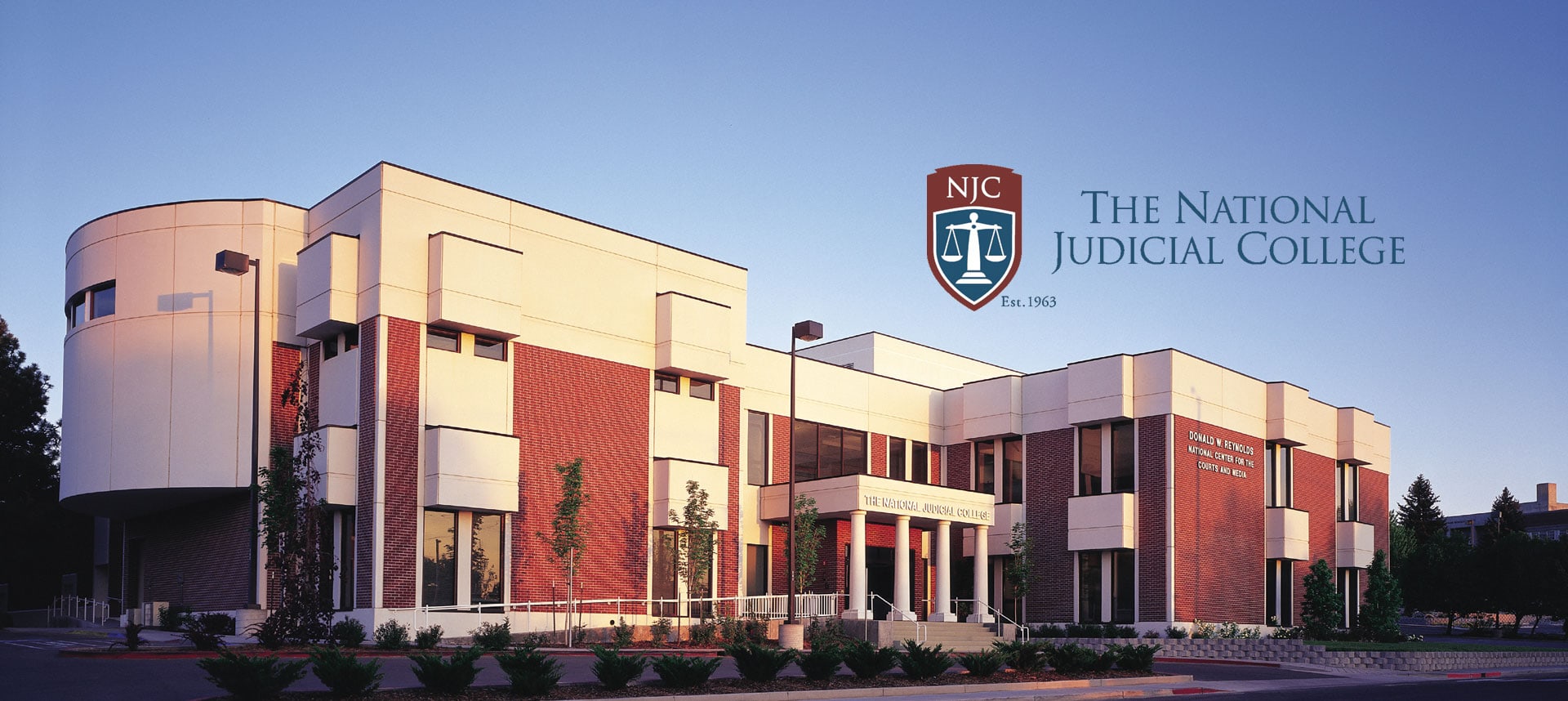

Only about half of judges surveyed say religion comes up in their courts, but where it does, it comes up frequently.
Our March Question of the Month asked NJC alumni if religion ever comes up in their courtrooms.
More interesting than the vote – 54 percent said it does, 46 percent said it doesn’t – were the 141 comments (mostly anonymous) that accompanied the 419 responses.
“Here in the Bible Belt,” wrote one anonymous judge, “asking if religion comes up in court is like asking if the law comes up in court. The answer is absolutely.”
The most frequently cited instances of religion entering court proceedings involved jury selection. Judges said they believe some jurors aren’t forthright about how religious they are when asked during voir dire. Other jury candidates ask to be excused from jury duty on the grounds that their religion forbids them from sitting in judgment of their fellow human beings. Sometimes this is a ruse to get out of jury duty, but other times it appears sincere, they said.
“There are several Mennonite and Amish families in the area – they do not serve on juries,” wrote one judge. “The Mennonites have always appeared in traffic court and abide by the decision. Both sects prefer not to participate in any form of government.”
Religion also crops up frequently in divorce and child custody cases, judges said. Couples disagree over which faith to raise the children in or which parent’s church to attend.
“I’ve even had parents argue about who is more devout in their faith,” commented one judge.
Judges also mentioned:
- Scheduling conflicts on holy days
- Religious headwear or adornments in the courtroom
- Prisoner dietary needs (i.e., halal)
- Accommodation for prayers while the accused is held in pretrial confinement or prison
- Sovereign citizen claims that the laws of God supersede the laws of humankind
- Blood transfusions or other medical arrangements
- Defendants asking to receive a lesser charge due to “finding religion”
Sometimes a party attempts to make the judge’s own religion an issue.
“I have had an attorney challenge my sitting on a case because the prosecutor and I are of the same religion and attend the same congregation,” a judge recalled. “Interestingly, the defense attorney is also of the same religion, although (the attorney) attends a different congregation. To me it was not an issue as my searching (my) moral inventory revealed no prejudice or bias to the defendant before me.…”
Judges in the Bible Belt weren’t the only ones to describe religion as a constant presence in their courtrooms. An anonymous tribal judge mentioned being expected to draw upon the tribe’s customs, traditions and religion when making decisions.
Even atheists bring beliefs about religion to court. Some witnesses refuse to swear an oath to tell the truth, reported one judge. The judge’s solution: have them “affirm” to tell the truth.
Another judge recalled a juror complaining that the other jurors were holding a prayer before court began each day. The juror felt ostracized from the rest of the group. The judge instructed the jury that organized prayer was not permissible due to constitutional concerns.
* Each month the College emails an informal, non-scientific one-question survey to its more than 12,000 judicial alumni in the United States and abroad. The results, summarized in the NJC’s Judicial Edge e-newsetter, are not intended to be characterized as conclusive research findings.

The Hon. Mary-Margaret Anderson (Ret.), a retired administrative law judge with the California Office of Ad...

Happy October, Gaveliers faithful. Are you loving this or what? No one believed a team made up of judges...


Hon. Diane J. Humetewa, the first Native American woman and the first enrolled tribal member to serve as a ...

Retired Massachusetts Chief Justice Margaret H. Marshall has been selected as the 2024 winner of the presti...